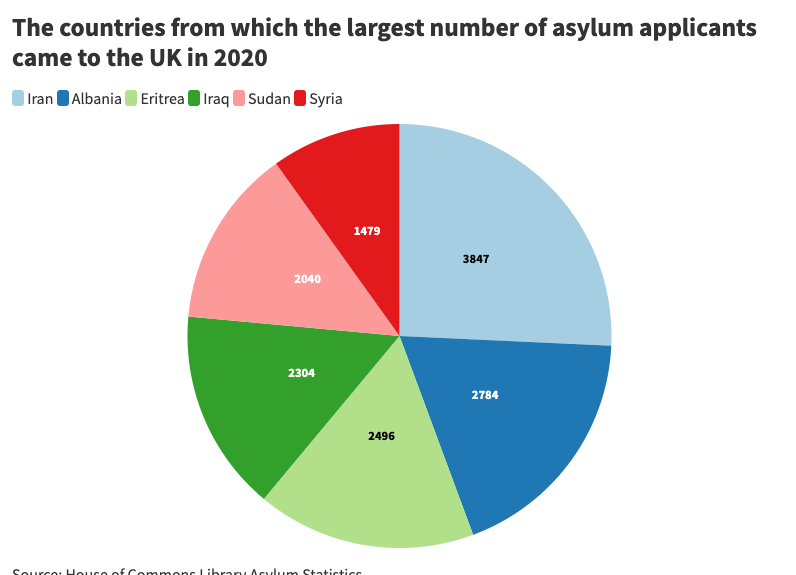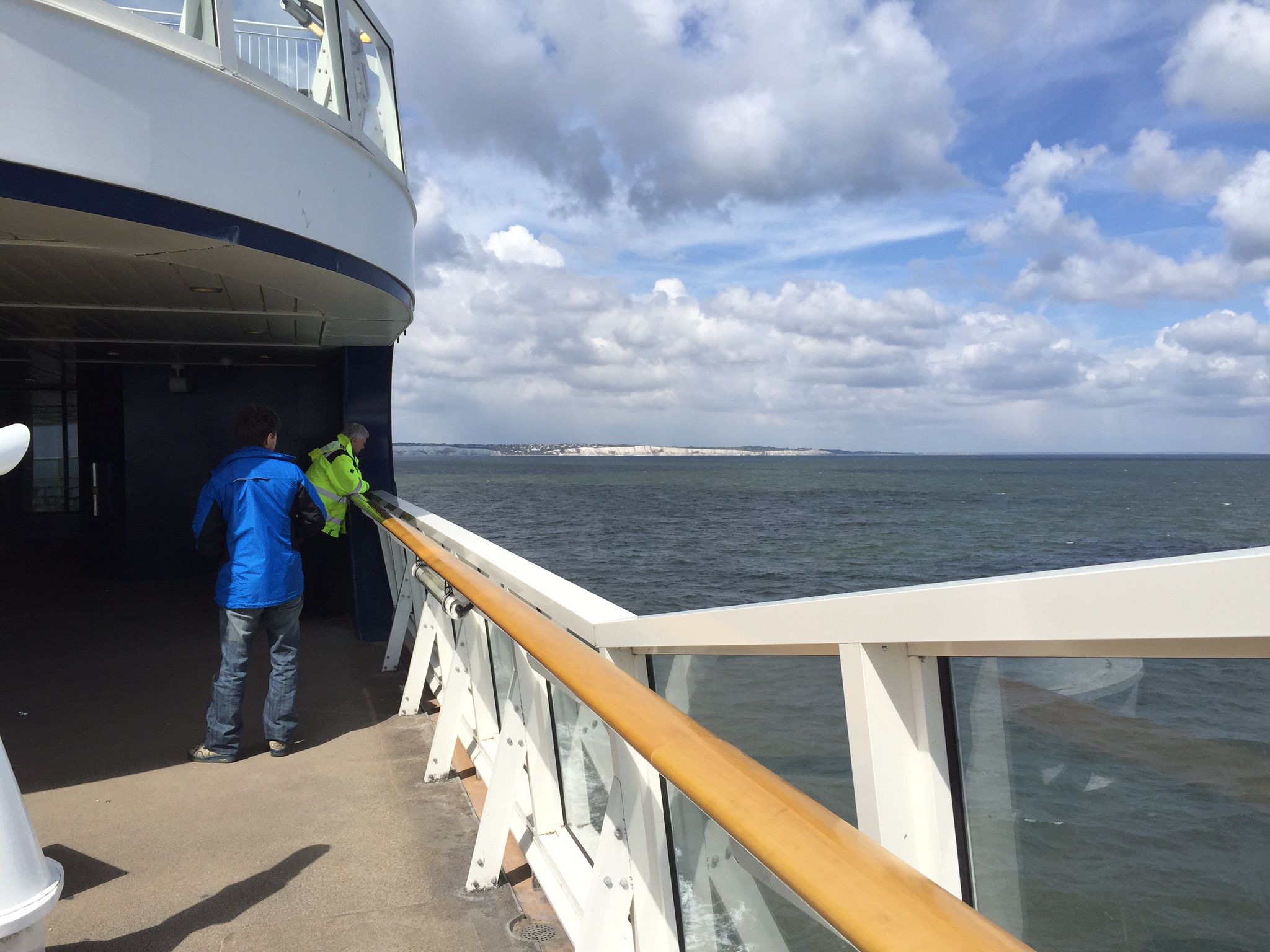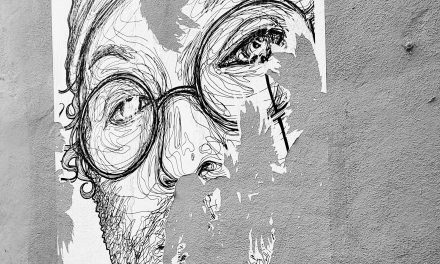Concerns have risen at UN’s refugee organization UNHCR after news revealing UK’s new refugee approach. The Nationality and Borders bill, currently discussed in Parliament, states a new pushback policy of refugees who are trying to reach the UK trough the Channel. Are these the first effects of Brexit on border policy? UNHCR Officer Matthew Saltmarsh shares his vision.
Recent updates show footage of the UK Border Force, practicing pushbacks in the English Channel. The news didn’t come as a surprise for UNHCR Senior External Relations Officer Matthew Salthmarsh, after home-secretary Priti Patel announced she is preparing to send back refugee-boats who are crossing the Channel. “They are trading the border force in technique that would allow them in some situations to tow back boats in the UK waters. At UNHCR we are obviously very concerned about these reports, primarily because of the potential risks involved for those at sea, who are seeking safety. There is also a question of responsibility and maritime law. We think that Search and Rescue has to take responsibility”, according to Saltmarsh.
Where do these boat-refugees come from?
Recent numbers show that most refugees are nationals of Middle Eastern countries, specifically Iran. “Most of the refugees who arrive do come from countries that are very unstable, or lie in conflicts”, says Saltmarsh. He shares concerns of the situation. Because of travel restrictions during the pandemic, it has limited the ability of migrants who may have gone on to claim asylum in the UK. A new trend can be seen in the increase of people trying to reach land by small boats. A report states a sharp rise in April 2020 in the number of entering the UK illegally by crossing the English Channel in small boats.
What is the current policy regarding boat refugees heading to the UK?
Saltmarsh: “The current situation is that once refugees reach UK waters by boat, the most part they will be rescued, picked-up or accompanied by either the border force or the coast guards. Then they will be transferred to the main land and, assuming that they want to claim asylum, they will be entered to the UK and taken into the asylum process and procedures on the main land.”
What would the effects of the Nationality and Borders Bill be?
“This new legislation will be very punitive for asylum seekers. It will actually create, or opposed to create a two-tiered system for asylum seekers. On the one hand, refugees who arrive via resettlements or rise direct into the UK. They will have a good degree of protection and stability in the country, and integration support as well. Those who arrive on the other hand irregularly or spontaneously, which includes those coming over the channel, will under the legislation be viable to criminal prosecution and could potentially be sent to third countries and be given minimal or no support in the UK.”
If you are asking third countries to take asylum seekers who have come to your country, that is in fact shifting the burden onto them. – Matthew Saltmarsh
“At UNHCR we think that approach is wrong on several levels. We think it is against the refugee convention and that it is dodging with the responsibility of global refugee management and support needs responsibility sharing rather than burden shifting. If you are asking third countries to take asylum seekers who have come to your country, that is in fact shifting the burden onto them”, Saltmarsh adds.
Is it possible that the UK will actually conduct this kind of policy?
Saltmarsh is unsure, but hesitant: “The government has a large majority in the House of Commons. It is not entirely clear exactly how the legislation will look at the end of that process”, he explains. “There is scrutiny of the legislation, there will be amendments to the legislation and we don’t know exactly how it will look at the end of this but does like the bill will, in some way, be passed in parliament.”
What is the relation between the effects of Brexit and current changing policies?
“When the UK was part of the EU, the majority of asylum seeker cases were handled with a dual agreement and were part of the Dublin Agreement, a structure and framework that allowed for two-way transfers of asylum seekers between European countries and the UK. Following the end of a transition agreement, the UK was no longer part of the Dublin Agreement, and hence that the Channel limited, though it may have been removed. So the position now is that the UK doesn’t have any of those kind of structures that will allow exchange of asylum seekers.” A clear result of Brexit, the situation is not yet, according to Salthmarsh. “Still”, he says, “there may have been some impacts in the groups of refugees and asylum seekers, caused by the Brexit agreements.”








